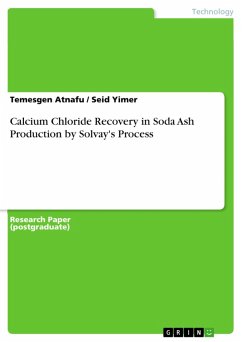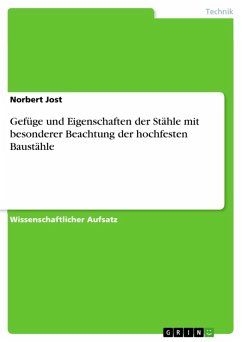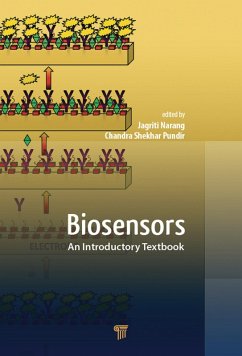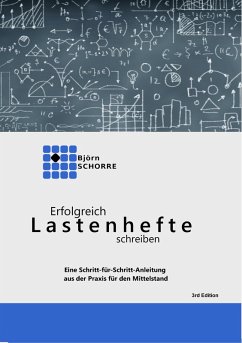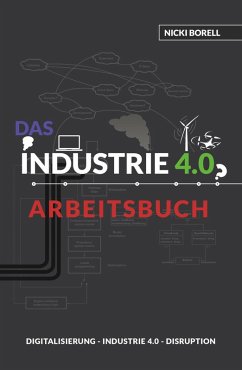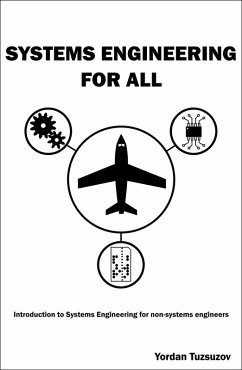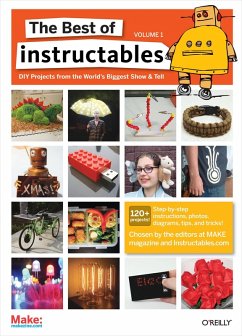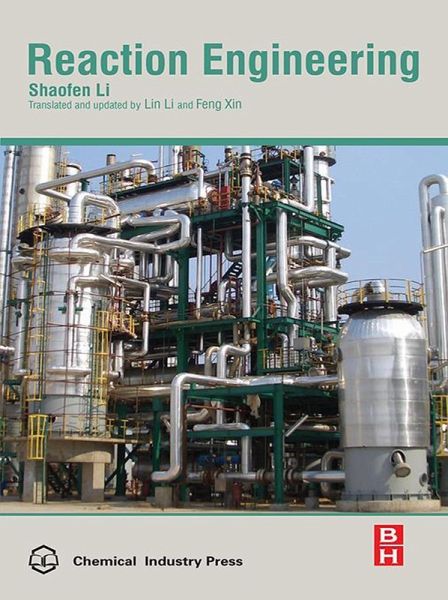
Reaction Engineering (eBook, ePUB)
Versandkostenfrei!
Sofort per Download lieferbar
87,95 €
inkl. MwSt.
Weitere Ausgaben:

PAYBACK Punkte
44 °P sammeln!
Reaction Engineering clearly and concisely covers the concepts and models of reaction engineering and then applies them to real-world reactor design. The book emphasizes that the foundation of reaction engineering requires the use of kinetics and transport knowledge to explain and analyze reactor behaviors.The authors use readily understandable language to cover the subject, leaving readers with a comprehensive guide on how to understand, analyze, and make decisions related to improving chemical reactions and chemical reactor design. Worked examples, and over 20 exercises at the end of each ch...
Reaction Engineering clearly and concisely covers the concepts and models of reaction engineering and then applies them to real-world reactor design. The book emphasizes that the foundation of reaction engineering requires the use of kinetics and transport knowledge to explain and analyze reactor behaviors.
The authors use readily understandable language to cover the subject, leaving readers with a comprehensive guide on how to understand, analyze, and make decisions related to improving chemical reactions and chemical reactor design. Worked examples, and over 20 exercises at the end of each chapter, provide opportunities for readers to practice solving problems related to the content covered in the book.
The authors use readily understandable language to cover the subject, leaving readers with a comprehensive guide on how to understand, analyze, and make decisions related to improving chemical reactions and chemical reactor design. Worked examples, and over 20 exercises at the end of each chapter, provide opportunities for readers to practice solving problems related to the content covered in the book.
- Seamlessly integrates chemical kinetics, reaction engineering, and reactor analysis to provide the foundation for optimizing reactions and reactor design
- Compares and contrasts three types of ideal reactors, then applies reaction engineering principles to real reactor design
- Covers advanced topics, like microreactors, reactive distillation, membrane reactors, and fuel cells, providing the reader with a broader appreciation of the applications of reaction engineering principles and methods
Dieser Download kann aus rechtlichen Gründen nur mit Rechnungsadresse in A, B, BG, CY, CZ, D, DK, EW, E, FIN, F, GR, HR, H, IRL, I, LT, L, LR, M, NL, PL, P, R, S, SLO, SK ausgeliefert werden.




